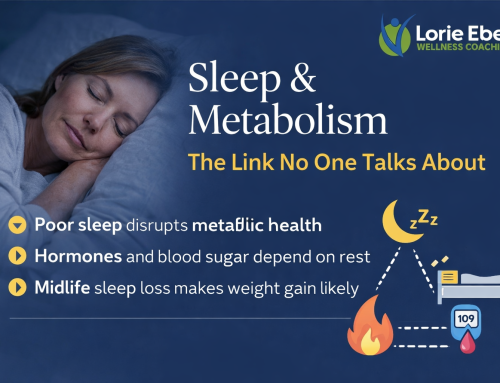A healthy lifestyle and cancer susceptibility are related. The latest research shows that living a healthy lifestyle may help mitigate high genetic risk of cancer. Even if cancer runs in your family, if you choose to live a healthy lifestyle you can lessen the risk of the disease.
Healthy Lifestyle and Cancer Risk
Are a healthy lifestyle and cancer related or are we governed by our genes? A new study revealed that healthy lifestyle factors such as abstinence from smoking and drinking, low body mass index, and exercise correlated with decreased cancer incidence, even in individuals with a high genetic risk.
As genetic research continues to uncover areas in DNA, with specific changes that influence cancer risk. Researchers can define personalized estimates of an individual’s cancer risk based on a patient’s unique combination of these changes.
Earlier studies had tied a decreased risk of specific cancers to a healthy lifestyle. This new research sought to determine whether living a healthy lifestyle could affect a measure that gauges the genetic risk of cancer as a whole.”
Study on Healthy Lifestyle and Cancer Risk
• Jin and colleagues calculated individual polygenic risk score (PRS) for 16 cancers in men and 18 cancers in women, using available data from genome-wide association studies.
• They then used statistical methods to combine these scores into a single measure of cancer risk, based on the relative proportion of each cancer type in the general population. Separate cancer polygenic risk score) CPRS were generated for men and women.
• The researchers utilized genotype information from 202,842 men and 239,659 women from the UK Biobank, a cohort of general-population participants recruited from England, Scotland, and Wales between 2006 and 2009, and calculated a CPRS for each individual.
• The participants were surveyed upon enrollment for various lifestyle factors, including smoking and alcohol consumption, body mass index, exercise habits, and typical diet.
• Based on these factors, Jin and colleagues classified each patient as having an unfavorable (zero to one healthy factors), intermediate (two to three healthy factors), or favorable (four to five healthy factors) overall lifestyle.
Study Results
• Patients with the highest quintile CPRS were nearly twice as likely (for men) and 1.6 times as likely (for women) to have a cancer diagnosis by their most recent follow-up, in 2015 or 2016.
• Notably, 97 percent of patients in the study had a high genetic risk (top quintile) of at least one cancer type.
• “This suggests that almost everyone is susceptible to at least one type of cancer,” Jin said. “It further indicates the importance of adherence to a healthy lifestyle for everyone.”
• Patients with an unfavorable lifestyle and the highest quintile genetic risk were 2.99 times (in men) and 2.38 times (in women) more likely to develop cancer than those with a favorable lifestyle and the lowest quintile of genetic risk.
• Among patients with high genetic risk, the five-year cancer incidence was 7.23 percent in men and 5.77 percent in women with an unfavorable lifestyle, compared with 5.51 percent in men and 3.69 percent in women with a favorable lifestyle.
• The decreased percentages are comparable to the cancer risk in individuals with intermediate genetic risk, Jin said.
• Similar trends were observed in all genetic risk categories, suggesting that patients could benefit from a healthy lifestyle regardless of genetic risk.
.
Click here to read full study of healthy lifestyles and cancer risk.






